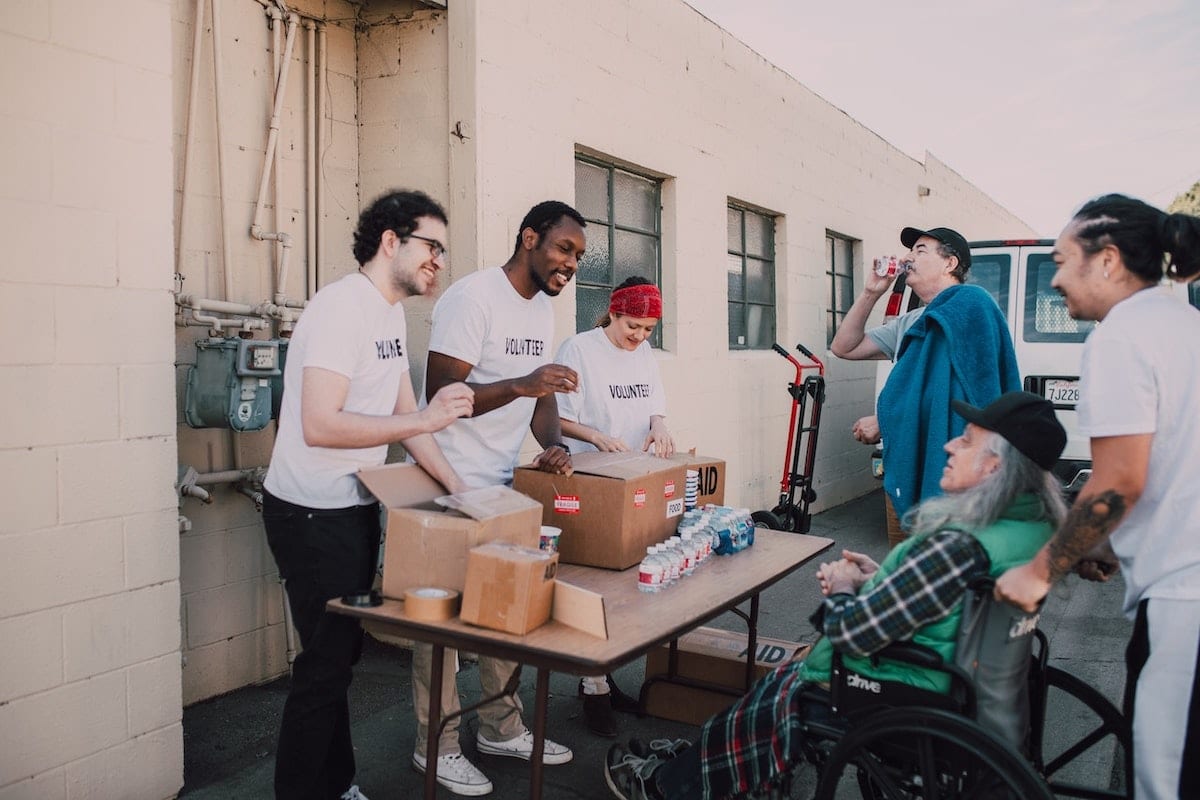Table of Contents
Whether a class trip, a new product or gaining new donors, a fundraiser is a great way to gain revenue effectively. However, a fundraiser isn’t easy work and requires thorough planning to gain support and donations. This article will give you tips on going through the planning as smoothly as possible.
Map Out Your Goals
A fundraiser can have different kinds of purposes. For some, it is a chance to get donor support; for others, it is also a way to gain attention to their specific project. Some fundraisers have raised millions and it is safe to say that some of these fundraisers can get thousands of dollars, sometimes millions.
The first thing when planning a fundraiser is figuring out what the goal of the fundraiser is. This can determine the type of fundraiser. A charity sale or “dugnad salg” (as they call it in Norwegian) can be the right choice if you have a smaller-scale goal, like raising money for a class trip. But if you plan on raising awareness of a project, an auction might be a better choice.
Finding Your Event
The next step is finding the right fundraising event. Here, it is crucial to have your goal and the types of donors in mind. A charity sale is a good option if you wish to gain donors in the neighborhood, a charity sale is a good option.
It is more local and you might have a better chance of gaining revenue. Furthermore, events where you can engage the community, like an awareness walk, can be the right choice if you are dependent on local donors.
However, a gala can be a suitable large-scale event if you are raising money for a more extensive project or event. You might now attend galas from more significant events like the MET Gala, which is hosted annually. But in this case, the donations can come from tickets and raffles.
Market Your Event
A well-organized event is nothing without marketing. For smaller events, personal invitations can be effective. If you host a mass event, using social media to market the fundraiser is vital.
Just create an event on social media like Facebook and share it with your network. Otherwise, the old-school way of giving out flyers can also be effective.
Follow Up After The Event
After the event has occurred successfully, the next step is to follow up with the attendees. Sending out personal letters or emails thanking the attendees can significantly affect whether they will support your cause. The follow-up can be used to get feedback on the event, such as how to improve the event.
Photo by RDNE Stock project


